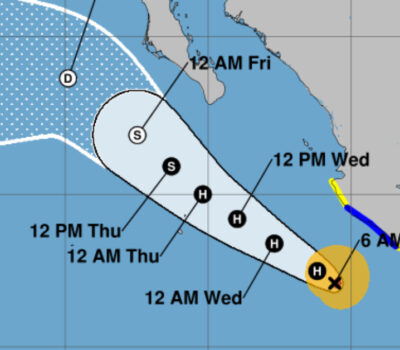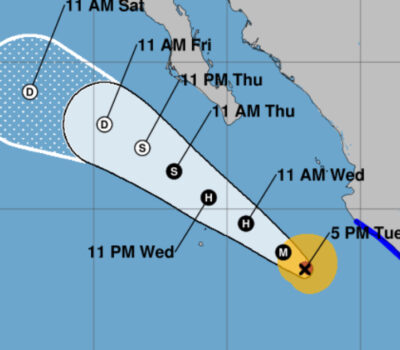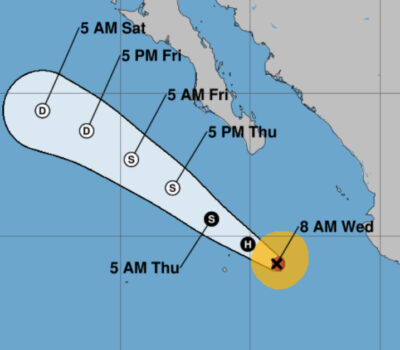Puerto Vallarta, Mexico – Neighbors from Bahía de Banderas and neighboring Puerto Vallarta are firing up their grills—and their indignation—this afternoon in front of the beachfront lot where an American woman was caught on video expelling a Mexican family from San Pancho beach last weekend. Organizers dubbed the gathering a “fiesta-manifestación,” pledging to share barbecue, beer, and live banda music on the public roadway that borders the woman’s developing property.
The informal call to action spread across Facebook and WhatsApp late Wednesday. Volunteers offered everything from kilos of arrachera to folding tables, while supporters unable to attend wired small donations to finance the sound system. The demonstration is scheduled to begin at 3 p.m., echoing a similar “carne asada” protest held earlier today in Mazatlán after a foreign resident there ordered a laborer off a public sidewalk.
According to witnesses, the foreign woman—described as about 60 years old—approached the Mexican family on San Pancho beach, kicked over a soft drink and demanded they leave, claiming she had already “paid for the concession.” The family recorded the exchange, saying the woman insisted that once her luxury homes are finished, “no one will be allowed near her property.”
The clip went viral within hours, igniting complaints that some foreign property owners are attempting to privatize stretches of coastline that are, by law, federal property open to all. Under Article 8 of the General Law of National Assets, access to beaches and the 20-meter federal maritime-terrestrial zone “may not be inhibited, restricted, obstructed or conditioned.”
Municipal inspectors say the same property was already under a closure order for zoning violations. After Wednesday’s follow-up inspection, authorities fined the woman more than 150,000 pesos and briefly detained seven construction workers found laboring behind the suspended-work banner.
Mayor Héctor Santana condemned the incident, declaring, “No one has the right to close our beaches; the sea belongs to the people of Bahía de Banderas.”
Protesters told local media they want the barbecue to remain peaceful but highly visible—a reminder that public spaces are not for sale. “If she can claim a concession, we can claim our right to enjoy the beach and the street in front of her lot,” one organizer wrote on social media.
Residents from San Pancho plan to arrive with banners reading “Las playas son de todos” (“The beaches belong to everyone”). Others have coordinated car-pools from Puerto Vallarta; some businesses donated ice chests and disposable plates to keep the gathering tidy.
Local police told reporters they will patrol the area to keep traffic flowing along Avenida Tercer Mundo but do not anticipate clashes. Organizers emphasized that no vandalism or trespassing is planned; participants intend to remain on the public right-of-way and pack out their trash.
The protest taps into simmering frustration over rising coastal property prices and perceived attempts by foreign investors to limit Mexican access to prime beachfronts. Similar confrontations have surfaced from Tulum to Los Cabos, prompting Mexico’s Congress to stiffen penalties for anyone blocking public beach access—a fine that can reach 12,000 times the daily UMA wage.
As of publication time, the American woman had not commented publicly on the barbecue protest or the municipal fine. Organizers say today’s “carnita” is only the first course if the harassment of beachgoers continues. “She told us we didn’t belong,” one of last week’s victims said in a voice note shared online. “We’re showing up today to prove that we do.”
Authorities and demonstrators alike will be watching whether the aroma of grilled beef—and community solidarity—succeeds where regulations alone have struggled: keeping Mexico’s beaches open to everyone.
Puerto Vallarta, Mexico - Neighbors from Bahía de Banderas and neighboring Puerto Vallarta are firing up their grills—and their indignation—this afternoon in . . .












